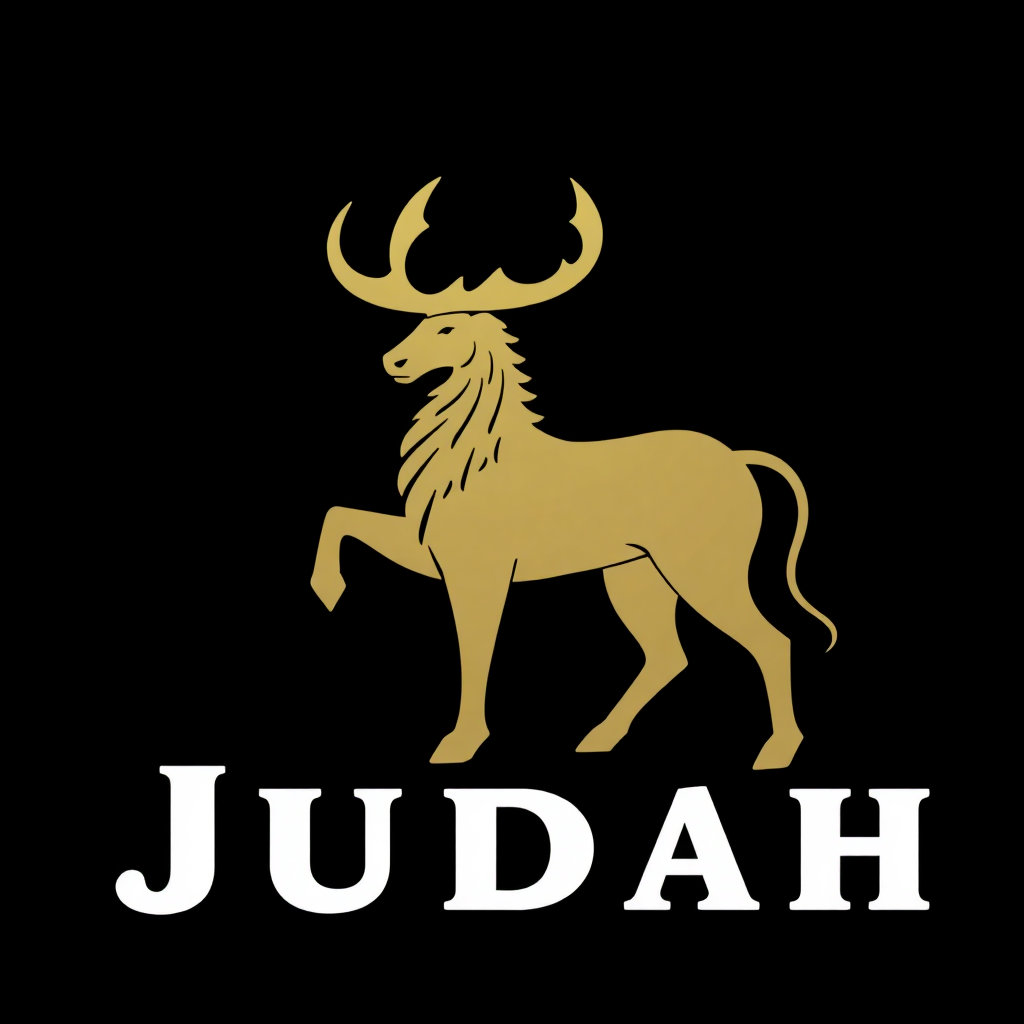What tribe did King David belong to?
David’s identity as a member of the tribe of Judah has deep theological implications. According to biblical prophecy, the Messiah would come from this tribe.
King David is one of the most prominent figures in the Bible, celebrated for his many accomplishments, including uniting the tribes of Israel and establishing Jerusalem as the capital. Understanding the tribal affiliation of King David is essential for comprehending his significance in biblical history and the larger narrative of the Israelite people. David belonged to the tribe of Judah, a lineage that would have profound implications for both his reign and the future of the Israelite monarchy.
The Tribe of Judah: An Overview
The tribe of Judah is one of the twelve tribes of Israel, descended from Judah, the fourth son of Jacob and Leah. The tribe held a place of prestigious significance among the other tribes, often being regarded as the largest and most influential. Judah’s blessing, as recorded in Genesis 49:8-10, foretold a leadership role: "Judah, your brothers will praise you; your hand will be on the neck of your enemies; your father's sons will bow down to you." This indicates a prophetic recognition of Judah as a tribe destined for kingship, which is essential to understanding David’s eventual rise to power.

David’s Ancestry and Background
King David’s lineage is established in the Book of Ruth, where the genealogy traces David back to Ruth and Boaz, who were from Bethlehem in Judah. This association with Bethlehem is significant, marking the region as an important locale not only for David but also as the birthplace of Jesus Christ in the New Testament. 1 Samuel 16 recounts the moment when God directed the prophet Samuel to anoint David as king, emphasizing David’s humble beginnings as a shepherd boy from the tribe of Judah. His humble origins and rise to kingship reflect the biblical theme of divine selection and the subversion of worldly expectations.
The Significance of David’s Tribal Identity
David’s identity as a member of the tribe of Judah has deep theological implications. According to biblical prophecy, the Messiah would come from this tribe. This is expressed in Revelation 5:5, referring to Jesus as "the Lion of the tribe of Judah." David’s rule established a royal lineage that ultimately pointed to Jesus, making his tribal affiliation a cornerstone of messianic expectation in both the Old and New Testaments. This connection to David reinforces the divine plan as seen in biblical prophecy, cementing Judah's status as a tribe of prominence in the unfolding story of salvation.
Legacy of the Tribe of Judah
David’s reign marked the flourishing of the tribe of Judah, both politically and spiritually, as he united the tribes of Israel under a single monarchy. His establishment of Jerusalem as the capital, along with the plans for the construction of the Temple, further solidified Judah’s central role in Israelite worship and governance. Following David, his son Solomon continued this legacy, enhancing the tribe’s prominence in Israel’s history. The enduring influence of the tribe of Judah is evident throughout the Scriptures, particularly as it pertains to the lineage of Jesus and the establishment of the eternal kingdom.